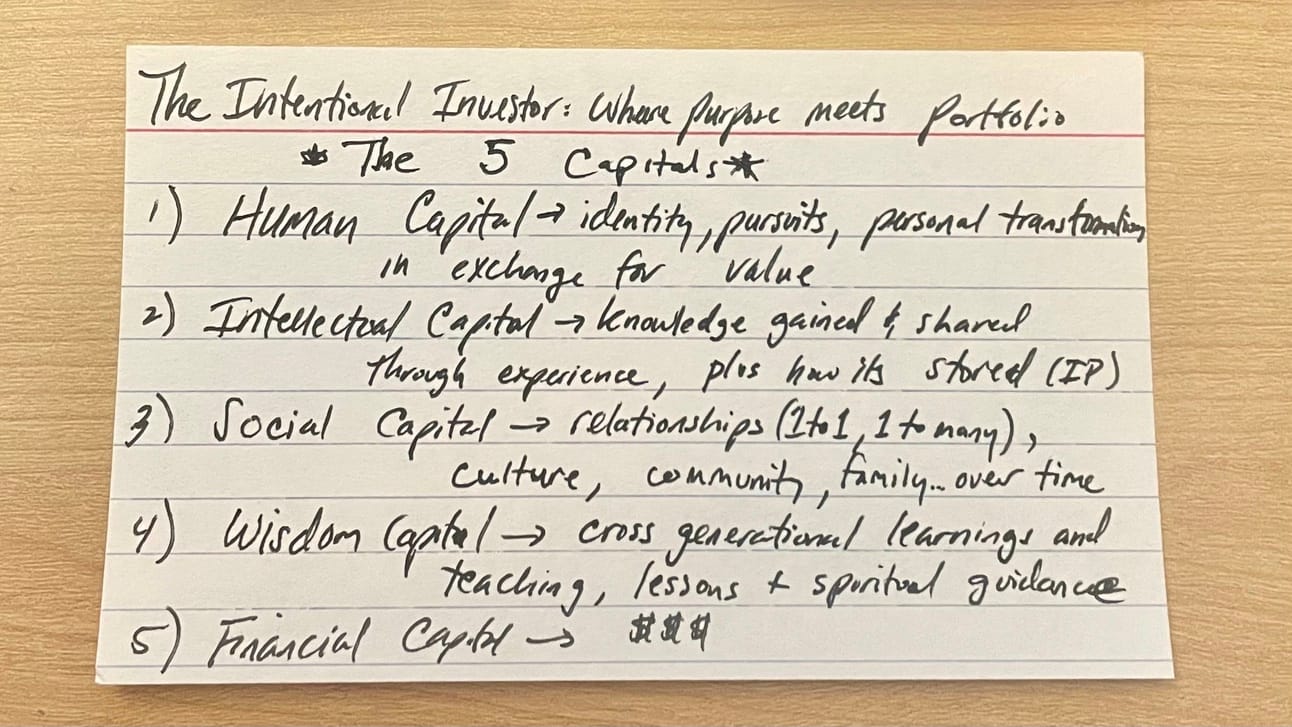When Remi Tetot dropped his story about losing 8-figures worth of money, I gasped.
I bet a lot of listeners gasped at that story too. Whether it’s because you’re a general risk-taker, or a business owner, or an investor, or whatever, you feel the weight of the loss.
The commas add to it, sure, but watching something you’ve built be swept away like a sandcastle, it’s universally human to let out a deep sigh.
What’s also universally human is - the deep breath in. Now, not everybody is a “dust yourself off and get back out there type,” but we all know the types that are. We admire them. We respect them.
Maybe we don’t always respect their initial mishaps or losses, but the tenacity to try, try again? Especially if we see they’ve learned something, that’s the stuff inspiration is made of. And, it can be as aspirational as it is inspirational.
So when Remi tells his story, and follows it up with, “If that didn’t happen, I wouldn’t have learned the lesson, I wouldn’t have learned to respect my capital,” then we are cooking.
The stories I want to collect on The Intentional Investor are the aspirational and inspirational stories about the non-financial parts of life.
Plus, I think it’s extra amusing to ask finance and business people who mostly talk about markets, or macro, or their many, many public successes, to talk about all the other aspects of life that aren’t those well trodden topics too.
With extra emphasis drawn from my own professional work and experience, as well as the brilliant naming conventions of James E. Hughes, this is the index card I set on my desk before each conversation with a guest starts:

Whatever life story somebody is about to tell, here’s what I am interested in, especially to find a follow-up question or a “tell me more.”
Human Capital: how has a person’s identity, pursuits, passions, interests, and actions changed over time? What is the magic thing they are able to transform that others find valuable? How has that changed over time?
Intellectual Capital: what knowledge has a person gained and shared through experience, and, how have they stored it? What have they created with it? Why did they choose whatever vessel they chose, and how was that transformed over time?
Social Capital: what relationships matter to them and why? Which ones have they kept? Which ones have they let go of, by choice or by circumstance? How do they think of their 1-to-1 relationships with people, and their 1-to-many relationships with broader communities, cultures, networks, etc.?
Wisdom Capital: what cross-generational learnings were passed down to them? What similar learnings do they hope to pass on? How do they think about teaching, learning, and finding guidance across a life well lived?
Financial Capital: It’s all about the money. But the money influences all of the other capitals as well.
A life, with these touchpoints, becomes a life story. Whether it’s inspirational to here, or aspirational to reach for, the stories shine a light on the teller’s intentions. We can learn a lot from paying attention to these stories.
That’s it. That’s the goal. That’s the simple framework.
You don’t have to name it in the moment either, you just have to frame it out. You just have to look for the signs of the shape and follow your curiosity wherever it calls you.
I hope this helps you look for connections in your own conversations. I hope this helps you listen for what makes a person a person, beyond the size of their successes or bank account, so you can find ways to be inspired too.
Call it aspirational, but I’m pretty sure learning to look for this stuff has lead me to a better life, and I believe it can do the same for you.
If enough of us think this way, we might even save the world with it.
Remi is right when he says, “Respect your capital.”
But he inspired me to more publicly expand the definition. Make it plural. “Respect your capitals.”
All of them.
See what you learn next.
ps. make sure you’re subscribed to Epsilon Theory on YouTube or wherever you get your podcasts, and my Cultish Creative channel where I’m exploring even broader (re: non-finance) variations on this theme.

